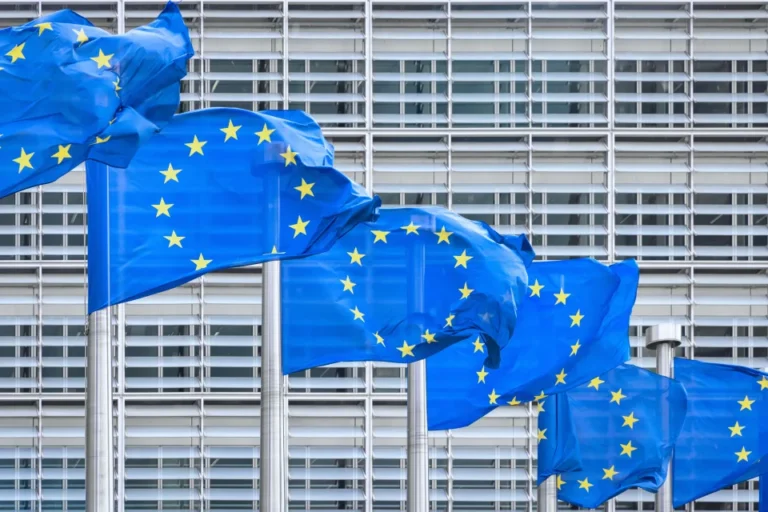There has been a complete publication of the EU AI Act in the Official Journal of the European Union.
According to TechCrunch, the European Union has revealed that the complete and final text of the EU Artificial Intelligence Act has been published in its Official Journal. In light of the fact that the new law will become effective twenty days after it is published, this indicates that it will be enforced beginning on August 1 this year. In a period of two years, all of its provisions will become fully applicable; however, some of them will be put into effect considerably earlier than that.
After a period of six months, the bloc will initiate the process of implementing bans on applications of artificial intelligence that are prohibited. These applications include the utilization of social credit ranking systems, the collection and compilation of facial recognition information for databases, and the utilization of real-time emotion recognition systems in educational institutions and workplaces.
Within a period of nine months, the European Union will initiate the process of adopting codes of practice for artificial intelligence developers. The EU AI Office, which was founded by the European Commission, will collaborate with consulting firms in order to draft those appropriate codes. In addition to this, it intends to collaborate with businesses that offer general-purpose models that are considered to hold systemic hazards. However, as TechCrunch points out, this raises fears that the most powerful actors in the sector will be able to influence the rules that are intended to keep them in check.
Manufacturers of general-purpose artificial intelligence models, such as ChatGPT, will be required to meet with new transparency criteria after a year has passed. They will also be required to demonstrate that their systems are secure and their users can readily understand them. The EU AI Act includes requirements that apply to generative artificial intelligence and altered media, such as ensuring that deepfakes and other AI-generated images, videos, and audio are appropriately labeled. These laws are in addition to all of those that will be discussed previously.
In addition, businesses that train their artificial intelligence models will be required to comply with copyright laws, unless the model was developed only for the purpose of research and development. “Rightsholders may choose to reserve their rights over their works or other subject matter to prevent text and data mining, unless this is done for the purposes of scientific research,” according to the AI Act’s legal description. “Where the rights to opt out has been expressly reserved in an appropriate manner, providers of general-purpose AI models need to obtain an authorization from rightsholders if they want to carry out text and data mining over such works.”

